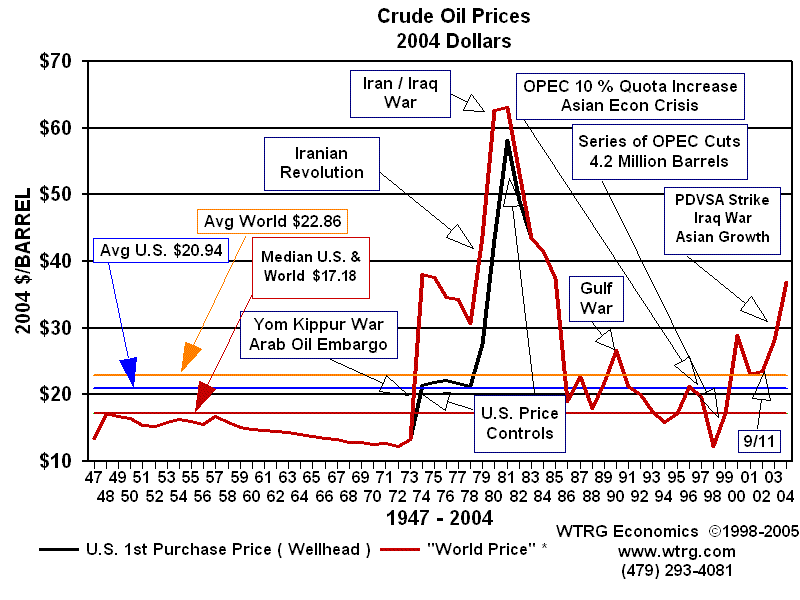
Two different groups recently played a version of a war game that would tackle just that question. If gas were $5 or $7 per gallon. An excellent point brought up in the story is the fact that China and India - the two most populous nations in the world - are continually increasing their demand as they become more and more industrialized. That is in addition to the continued increase in US demand. If demand for oil continued to rise the way it has been, but production were not able to rise at a similar rate, how would that affect our daily life?
I don't know about all of you, but Bobby and I already spend around $450/month on gasoline, I don't want to think about if that doubled. And that's just our gas. What about how that would affect the price of food and all our daily needs - all these staples of life that are trucked in from all over.
Here's the synopsis of one of the segments of The Story (from the American Public Media Website):
 In the spring, Ken Ecklund ran a similar simulation - this one designed to see how regular people might react.
In the spring, Ken Ecklund ran a similar simulation - this one designed to see how regular people might react.For just over a month, Ken, a group of colleagues and 1,800 players simulated 32 weeks in an oil shock.
As prices escalated from $4 to $5 to $7 a gallon, people reported on what was happening in different communities. High diesel prices slowed the trucking industry, resulting in a shortage of food and medicines. So many people took to riding bikes there was a rise in bike theft.
Eventually, the furthest suburbs became lifeless and lawless - and then, as demand for oil went down, gas prices dropped, and people returned to their cars.
Ken talks with Dick about what he and other players learned from the game, and how experiencing a virtual "world without oil" has changed the way Ken and the other players live.
See how the game played out.
Not only was the game itself interesting, but in the end the participants in the game actually changed their energy use in real life. I would be interested to know if those people continued to use less energy after a period of time. I started wondering if we shouldn't have people participate in similar games on an ongoing basis to see if we could entice people to live in a more energy efficient manner.
1 comment:
Hi Annette - There are two prongs, I think, to the pitchfork of looming fuel costs. One is the price: as you say, to have my monthly gas bill double would wreak havoc with my life. The other prong is: would I HAVE to pay it? For many people, there's only so much they can cut back on driving. They have inelastic demand for fuel.
In most other countries, you'll find gasoline is already upwards of $5 a gallon. That's because the government taxes gasoline consumption. This accomplishes two things: (1) it encourages people to use fuel efficiently and (2) it gives the government money to build energy-efficient alternatives to autos, such as light and regional rail systems.
People can become aware and they can cut down on energy use. But without some help from the government, they're often swimming upstream in our flood of oil consumption. Making people aware of the elasticity of their lives, however, is a big step forward, and a big goal of the World Without Oil game.
Post a Comment